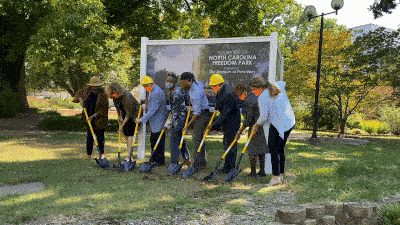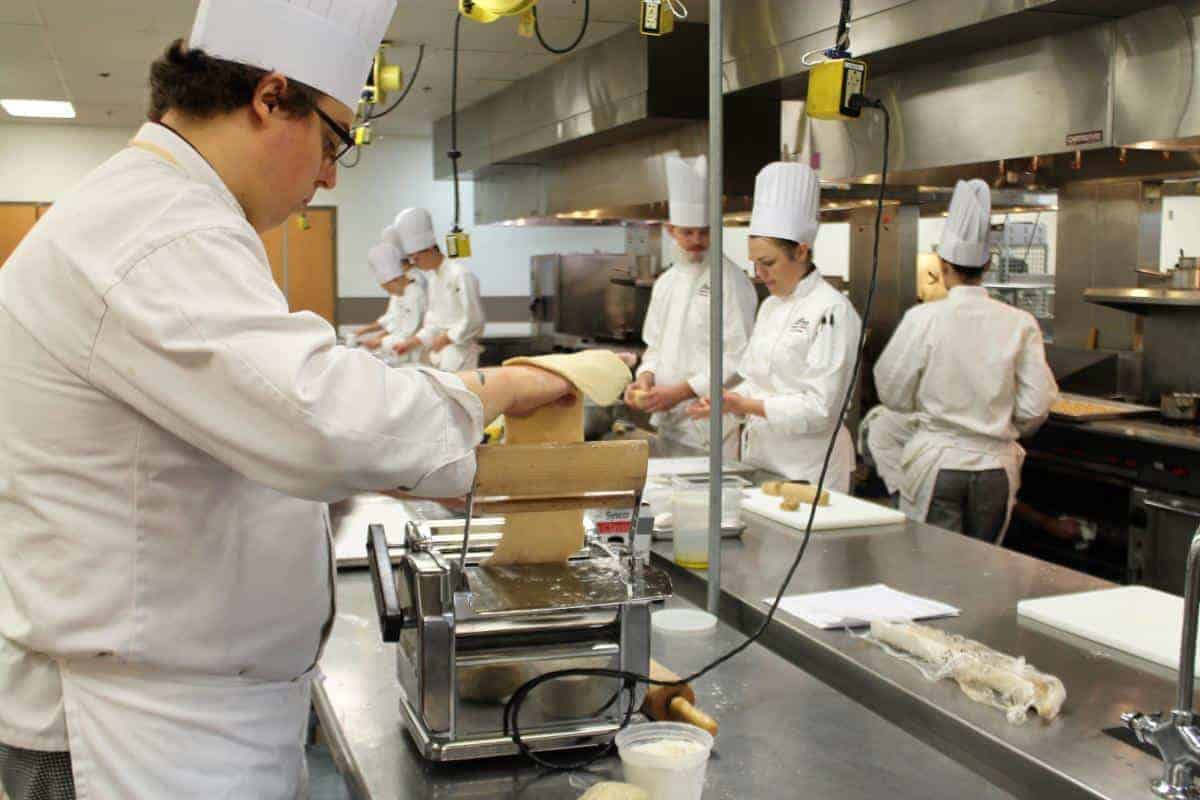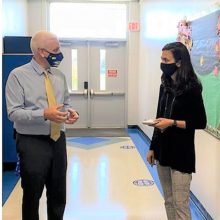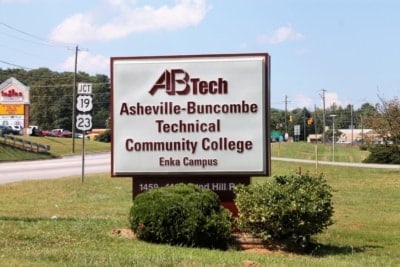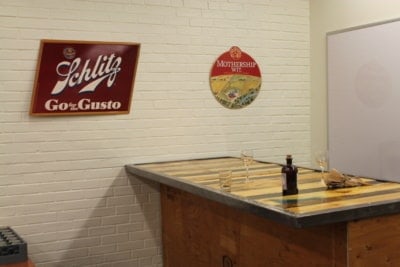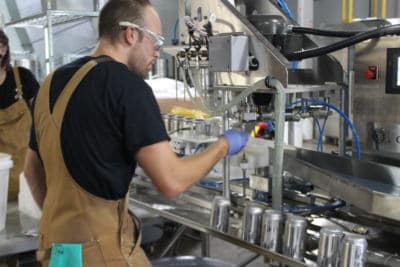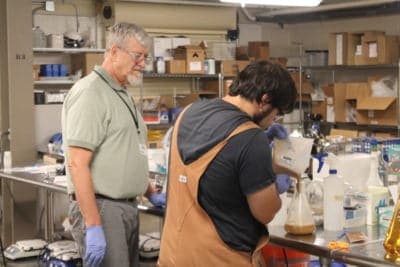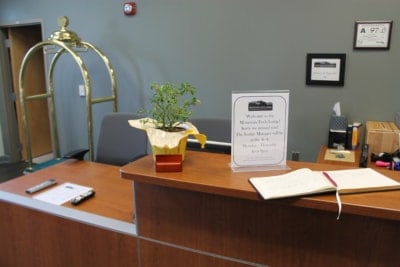Over the last decade, the Asheville metropolitan area — Buncombe, Henderson, Haywood, and Madison counties — has seen growth both in population and in tourism. From five-star hotels like the Omni Grove Park Inn and the Inn on Biltmore Estate, to the taprooms of craft beverage giants like Sierra Nevada and New Belgium, to fine dining experiences at restaurants like Cúrate and Table, there is a lot to see and do in the Asheville metropolitan area.
From 2010 to 2016, Asheville’s population grew 6.8 percent. While more people continue to call the Asheville metro home, tourism also brings millions of people to the area each year. A 2017 report estimated that Buncombe County visitors accounted for $202.5 million in state and local taxes, which equates to $1,800 tax dollars per Buncombe County household. Statewide, Buncombe ranked 4th out of 100 counties in 2017 for visitor expenditures with over $1.1 million spent by visitors.
The Asheville metro’s two largest industries, which are health services and leisure and hospitality, respectively, are fueled by students from Asheville-Buncombe Technical Community College. During a recent visit to the college, I took a closer look at how three programs — craft beverages, culinary and hospitality, and allied health — work closely with local industry partners to prepare a pipeline of skilled professionals that are ready to fill high-demand jobs in the local economy.
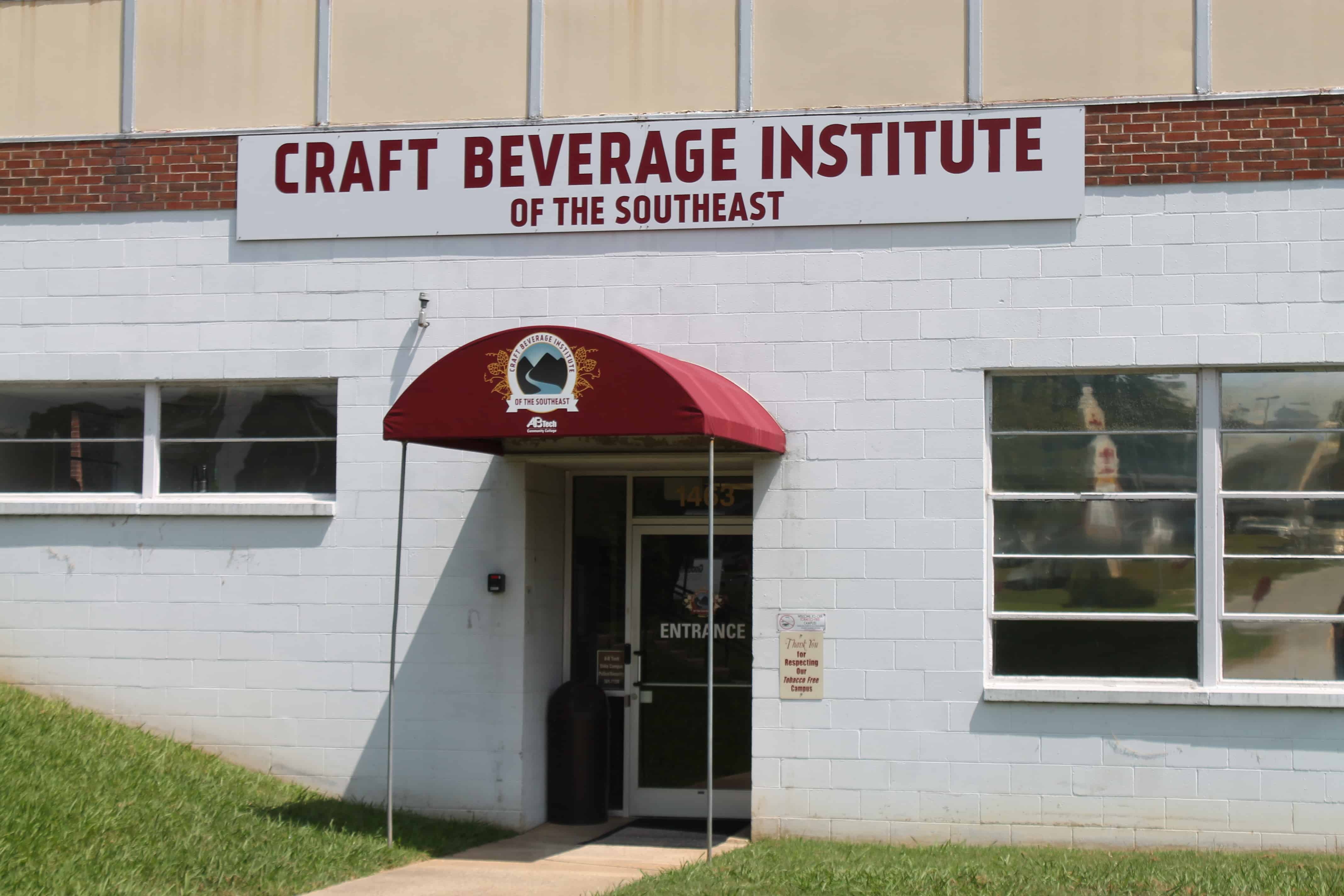
In 2016, with 19 microbreweries across the city, Asheville ranked 3rd nationally among cities with the highest number of microbreweries per capita. According to a report by the Economic Development Coalition for Asheville-Buncombe County, breweries and a cluster of related industries in the four-county Asheville metropolitan area created or supported 2,751 jobs accounting for $111 million of labor income in 2016. From 2011-2016, the brewing manufacturing industry in this area grew by over 700 percent, adding more than 600 direct jobs in the region.
The Craft Beverage Institute of the Southeast on Asheville-Buncombe Technical Community College’s Enka campus plays a pivotal role in fueling innovation and producing a skilled workforce to support the ever-growing brewing industry in western North Carolina. A-B Technical Community College offered the first two-year degree in brewing, fermentation, and distillation in the country. Beyond training a competent workforce, the Craft Beverage Institute of the Southeast also provides assistance to local businesses who might be experimenting with producing a new craft beverage or looking to solve a particular problem.
Jeff Irvin, director of the Craft Beverage Institute of the Southeast, was hired by the college in 2013 to kick off the program and was named one of seven Institute of Brewing and Distilling (IBD) accredited trainers in the United States for the general certificate in brewing in 2015. In addition to training students, the Institute functions as a hub of innovation and experimentation for the local craft beverage industry.
“If they [businesses] have an idea or a product they’re looking for, I can make them a base of rye whiskey or show them some of these things. They’re not necessarily distillers, they’re inventors,” said Irvin. “We help local businesses with problems they’re having.”
Irvin and his team at the Institute can help businesses with anything from perfecting a stepped fermentation process to developing better packaging to listing a new craft beverage online. These same interdisciplinary business and production skills are woven into the fabric of the program’s curriculum.
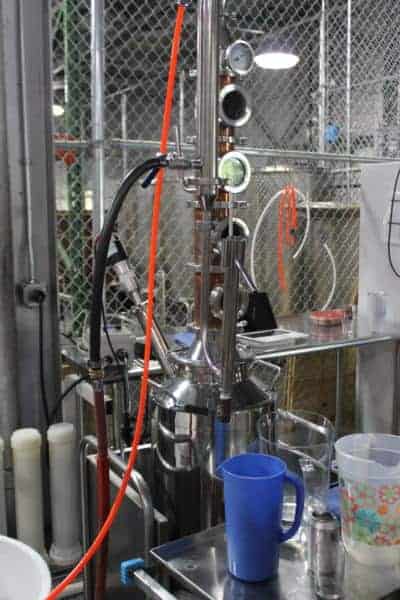
“We are a very, very entrepreneurial track. We do beverage marketing and sales, cost of goods and beverage management, and facilities management. We have one particular class, legal issues, that’s taught by a local lawyer who is one of the only trademark and patent attorneys on the east coast. Her firm has a facility that’s focused solely on craft beverages,” said Irvin. “It’s hard to name a beer anymore. Understanding trademark and patent law is important.”
The unique offerings of the A-B Technical Community College brewing, fermentation, and distillation program make it highly sought-out by prospective students. The program operates under limited admission enrollment, taking 24 students each year and often running with a wait list. According to Irvin, students come to his program from all corners of the country and with a wide array of past experiences — most of his students already have four-year degrees, and many have master’s degrees.
As for plans to sell the beer produced by the Institute, Irvin said that is still a work in progress. The Craft Beverage Institute of the Southeast would have to operate under a separate LLC to assume liability for selling alcoholic beverages. They hope to one day sell the beverages produced by students to re-coup some of the cost of the program.
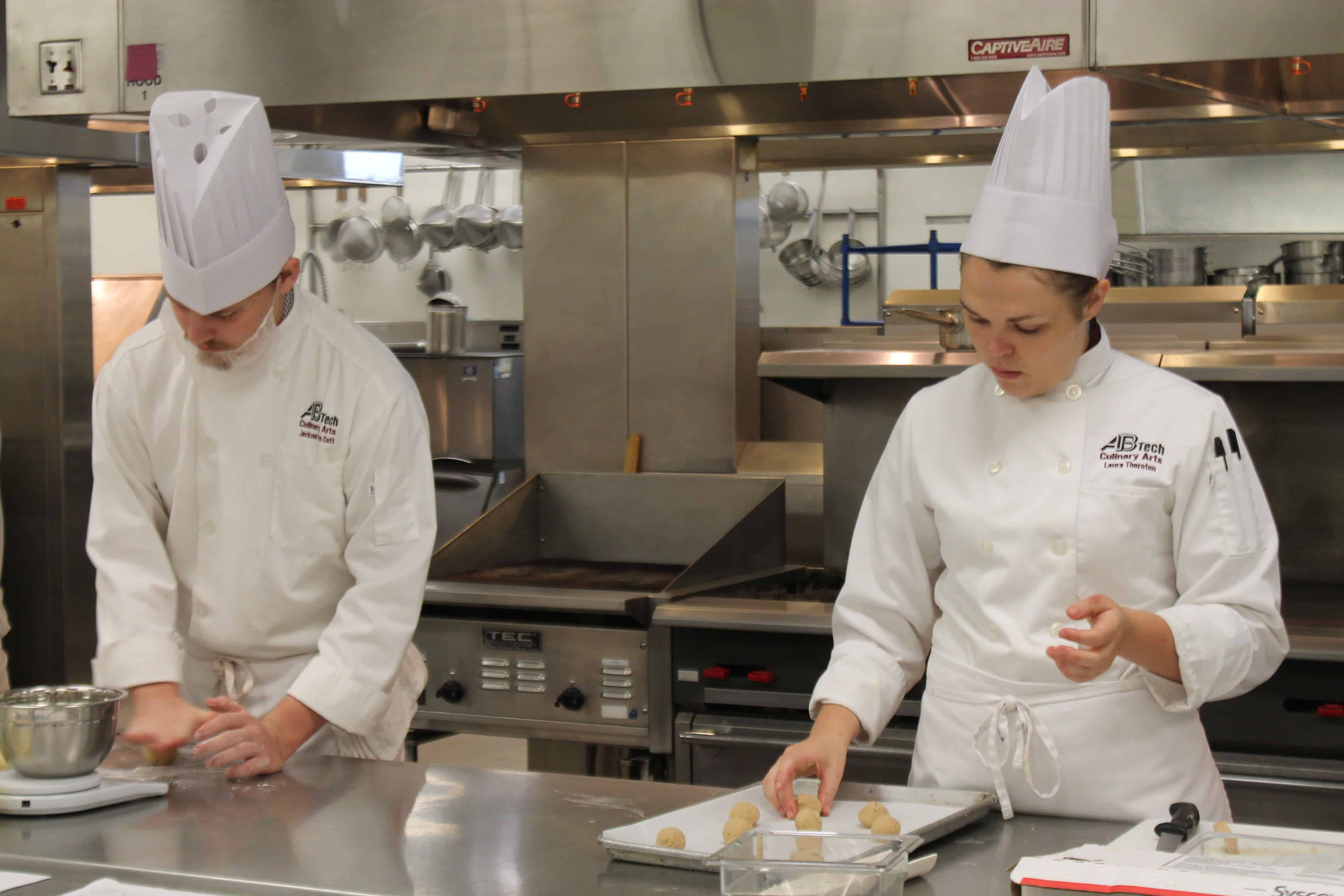
In 2015, the leisure and hospitality industry employed almost 28,000 people in the Asheville metropolitan area, making it the second largest employer in the region, second only to health services. Restaurants and bars accounted for almost 70 percent of this employment followed by lodging accounting for just over 17 percent of hospitality employment. From 2010-2015, about 30 percent of all net new jobs in the Asheville metro came from the leisure and hospitality industry.
The Culinary Arts, Baking and Pastry Arts, and Hospitality Management department at A-B Tech funnels a pipeline of well-trained professionals into the area’s booming hotel and restaurant industry, with many students beginning internships while enrolled and transitioning straight to a full-time career once they’ve graduated.
“The thing we do the best is the hands-on experiences that we give these students,” said Cathy Horton, the Hospitality Management Chair. “Students will come in contact with no less than 50 industry leaders over the course of their time here. Not only do they have them as guest speakers, but we take them out on job shadowing, we take them out to the hotels and the restaurants, we have a hospitality club where they go out and dine at some of these restaurants with many people that were students before — so you have this whole continuum of student to graduate to career professional.”
During a recent visit to a cooking class on A-B Tech’s campus, I saw something unexpected — first-year hospitality students learning to chop carrots while down the hall first-year culinary students were practicing dining room service. If that curriculum seems backwards — it’s not.
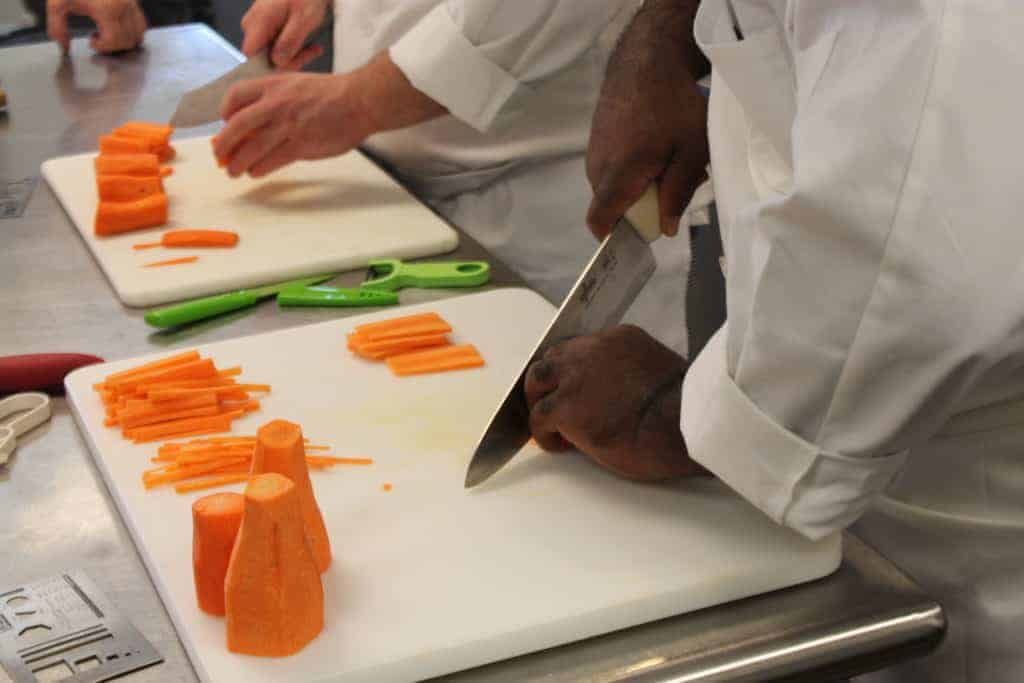
According to Walter Rapetski, an instructor in the hospitality management program, the decision to make students cross-train across various skills in the culinary and hospitality field was a direct response to what local industries wanted. Local employers care far more about a student’s soft skills and ability to adapt than the grades they receive in any particular course.
“Within the curriculum, I rebuilt it to say: What does industry want? What do they need? In 20 years, an employer has never said: ‘What was your grade in front office?'” said Rapetski. “They don’t care. They want to hear: what’s their attitude, do they play well with others, what’s their leadership capability, and can they follow directions?”
Rapetski meets annually with an advisory council comprised of 30 to 40 representatives from local industries, including the Biltmore Estate and the Grand Bohemian, to provide a synopsis on the college’s programming and ask industry what they are missing.
“Asheville is our classroom. When employers have a need, they call us,” said Rapetski. “The American dream is alive and well. It doesn’t matter where you come from — in this industry, you can do anything.”
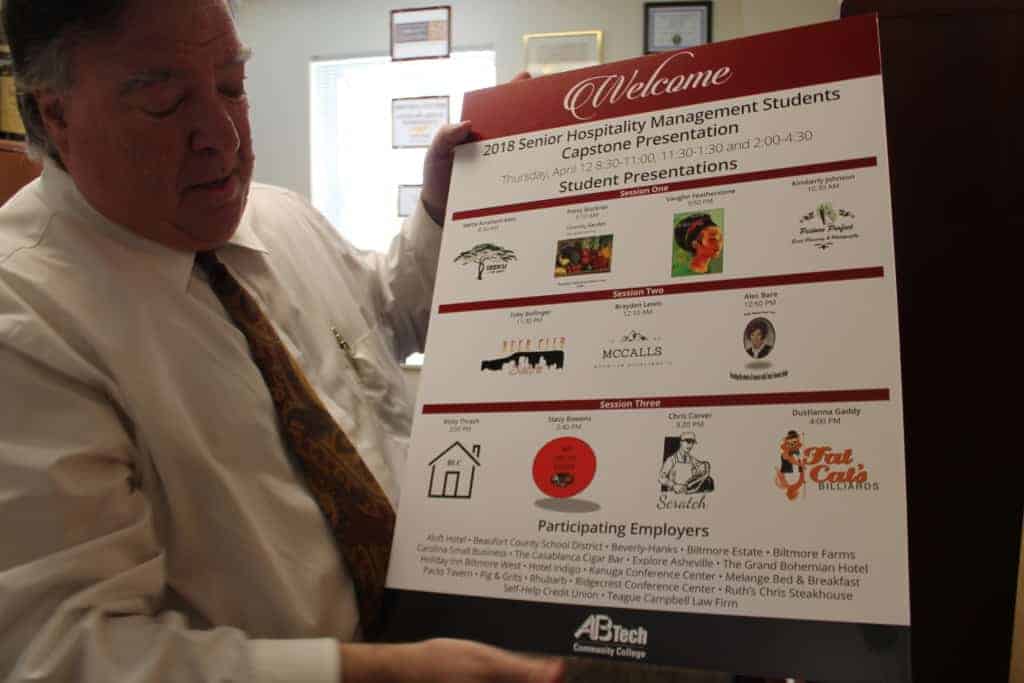
Terri Ballard, a student in her second year of the program, recently transitioned from an internship to part-time work at the Biltmore Estate. Ballard had worked in the hospitality industry before coming to A-B Tech but decided to pursue a degree to reach her goals.
“I wanted to move up from where I was, and I could not do it unless I got a degree,” said Ballard. “I wanted to be successful. I’m a single mom raising a daughter so I said, ‘Let’s do this thing.’ It’s inspired me to be even better and go on to achieve and do more things in this career.”
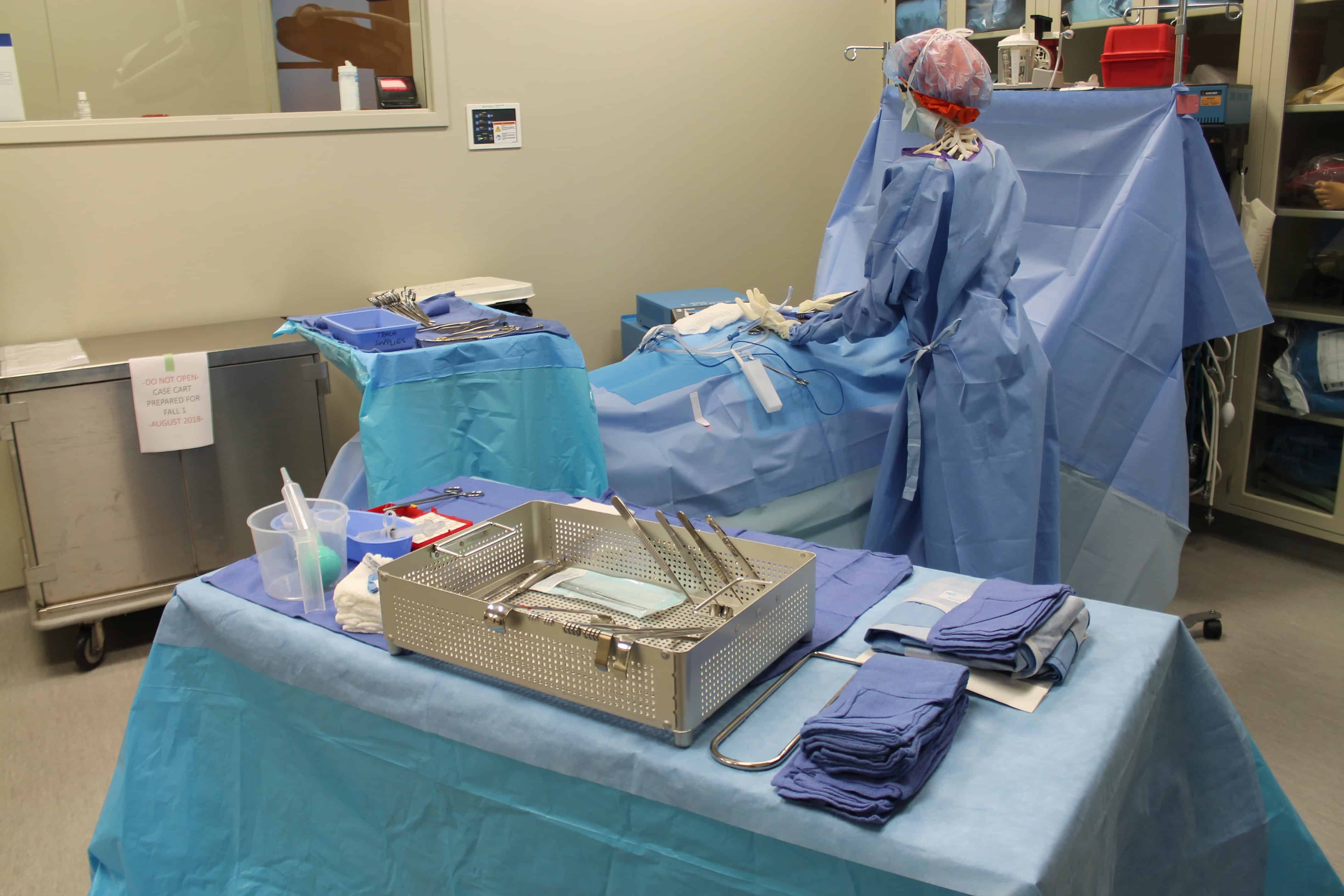
In 2015, health services was the largest employer across the Asheville metro area with almost 35,000 employees. A large component of the health services area in this region is the Mission Health system — the largest employer in North Carolina west of Charlotte with more than 12,000 employees contributing an annual economic impact of $1.75 million. In Buncombe County, Mission Health Hospital is the No. 1 employer in the county with more than 9,000 employees.
The Allied Health department at A-B Tech offers coursework in more than 14 health science fields to provide a skilled workforce for the region’s healthcare systems. Beyond the classroom and high-tech laboratories, students further their learning within healthcare settings in the Asheville area, receiving hands-on training in hospitals, animal shelters, clinics, and more.
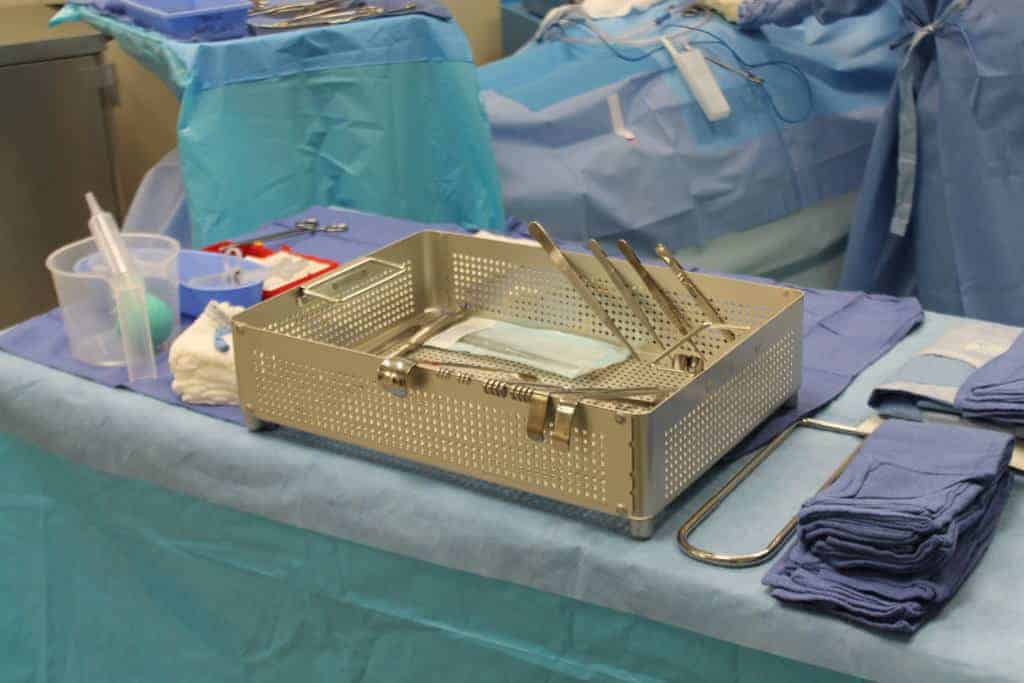
Students in A-B Tech’s surgical technology program learn how to use over 1,000 pieces of equipment and receive hands-on training using high-tech robotic humans within real-life clinical settings. According to Robin Keith, chair of the surgical technology program, students in the program have had a 100 percent pass rate on the national certification exam almost every year and have a 100 percent employment rate once they leave the program.
The ability to quickly develop programs and certificates that reflect demand in the local economy is one defining aspect of our state’s community college system. At A-B Tech’s Allied Health department, this nimbleness holds true.
“If we have a program where there aren’t jobs, we kill the program,” said Dr. Jon Wiener, dean of the Allied Health Division.
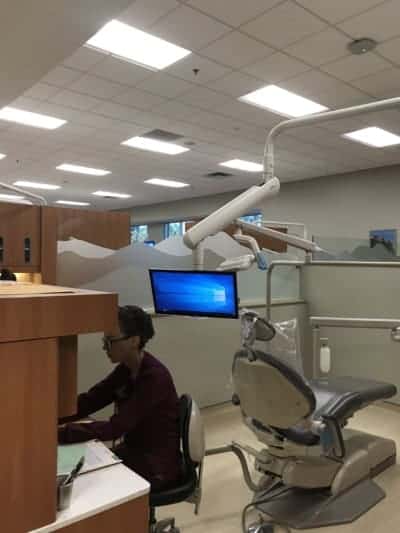
A-B Tech’s Allied Health Division offers an associate’s in applied science degree in dental hygiene that has a competitive limited admissions program. According to Carol Little, chairperson of the Allied Dental Program, over 100 students apply each year and only about 20 are admitted.
These students also receive thorough hands-on training before entering the workforce. Every year, the program offers free sealants for every second-grader in Buncombe County Public Schools and Asheville City Schools.
Recommended reading

